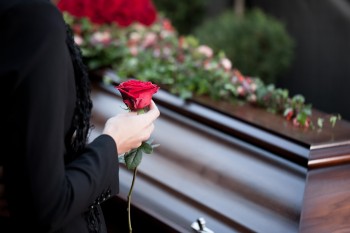Despite the presence of emotional pain and suffering and psychological harm in a wrongful death case, in Ontario, as cold as it sounds, the grieving family has no legal recourse to seek compensation for that suffering. In other words, money is awarded in a very practical sense, to keep the family financially stable and for the “loss of care, guidance and companionship”. Painting a compelling picture of the deceased and fully conveying their role in the family, and the nature of the relationships with the surviving family members, then, becomes one of the most important duties of the plaintiff’s lawyer.
In a wrongful death lawsuit, a long list of precedents helps set a limit, or at least provide a guideline, to the amount of non-pecuniary damages someone can expect to receive. But the plaintiff’s lawyer in a wrongful death claim still has to gather evidence to show both the past value and future potential of the deceased.
In an effort to reduce compensation, the defendant’s side will try to diminish the loss – perhaps suggesting the deceased’s familial relationships were troubled or that they experienced other problems in health or at work. If it was determined that the deceased played a role in the fatal accident (covered under “Contributory Negligence” in Ontario’s Family Law Act), for example driving slightly too fast, that can also cut into, or apportion, the compensation owed to the family.
Damages can generally be thought of in terms of pecuniary and non-pecuniary. Pecuniary refers to monetary loss, typically meaning loss of income the person would have provided and healthcare, travel or funeral expenditures incurred because of the accident. This kind of compensation is quantifiable; in the case of lost income, for example, family members may receive a portion of the deceased’s future income.
Non-pecuniary damages, which are also covered under the Family Law Act, are harder to quantify. A lawyer will have to demonstrate “the loss of guidance, care and companionship” suffered by the family, usually by showing a before-and-after scenario. A child’s recent troubles in school or a spouse’s difficulty in holding a job because of emotional instability would be considered evidence of that kind of loss.
Because wrongful death claims can be so complex and emotionally difficult, plaintiffs need both legal expertise and human compassion on their side. Horowitz Injury Law has been handling these claims with compassion and expertise for nearly 35 years.




